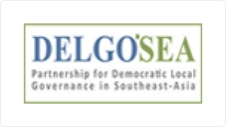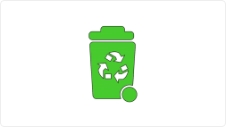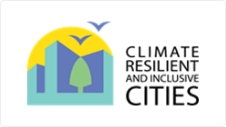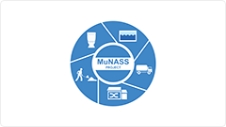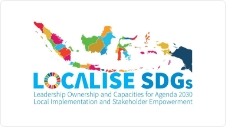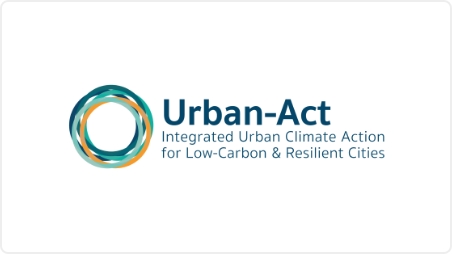Programmes & Projects
Zero Waste
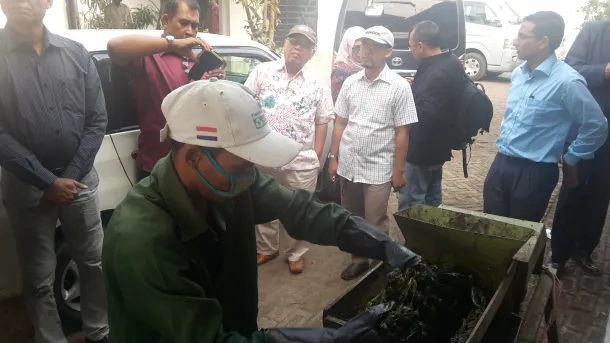
Channel Hub:
ZERO waste is possible.This is not just a slogan, but in practice many cities have striven towards zero waste to ensure that all products are reused and no trash goes to landfills and incinerators. In 2014, UCLG ASPAC started to develop a program on “Zero Waste is Possible in Our Place” that promotes solid waste management strategies to local governments.
Wakatobi regency in Southeast Sulawesi, Indonesia, has been working with the Secretariat to promote zero waste in the island. The program is an entry point for building “Low Carbon Island” as a role model for Indonesia and/or places that have similar characteristics. Low Carbon Society is a joint effort from all stakeholders, including the community to reduce carbon emissions using various approaches. These include the utilization of renewable energy as well as environmentally friendly fuel in the mass transport systems, industries and waste management at all levels.As part of the project, the Cleansing Department of Wakatobi is building four biogas system in main markets, and the project will be implemented in two phases. In the first phase, the construction process will be executed by an external consultant recommended by Malang Regency while in the second phase it will be done by local people who will receive training during the first phase of construction.
Meanwhile, working towards low-carbon solid waste management, UCLG ASPAC and the United Nations Economic and Social Commission for Asia and the Pacific (UN-ESCAP) started a project on solid waste management in 2014. The Solid Waste Management project aims at decreasing and regulating waste and reuse it as a new source of energy. One of the focus is to promote Integrated Resource Recovery Centers (IRRCs). An IRRC is a facility where 80-90% of waste can be processed cost-effectively within proximity of source of generation and in a decentralized manner. The project aims at converting the organic fraction of municipal solid waste into biogas through the process of anaerobic digestion.
UCLG ASPAC and UN-ESCAP, in cooperation with Waste Concern Bangladesh, organized a workshop in November 2014 in Jakarta. This workshop aimed at encouraging LGs to be more environmentally and financially sustainable on waste management. It was attended by 19 Indonesia Regencies and Cities. The workshop also gave opportunity to local government to present their interest for participating cities to host a Pro-poor Solid Waste Management (waste-to-energy) Project Model. Another training was organized in Dhaka, Bangladesh, in December 2015. It brought together local government representatives from Malang City, Malang Regency and Jambi City. The training gave an opportunity to the participants to analyze cost and benefit of the IRRC approach, as well as increasing their understanding in the challenges, trends and opportunities in waste-to-energy projects and technologies in developing countries in Asia-Pacific.
UCLG ASPAC and UNESCAP already implemented a baseline survey and fact-finding missions in four cities to select one city to host the solid waste management pilot project. These cities are Malang City, Malang Regency, Jambi and Probolingo. The first phase baseline survey has been implemented during the first week of February 2015. At the beginning of March 2015, UCLG ASPAC and UN-ESCAP implemented fact findings mission in four shortlisted cities as a follow up of submitted first draft baseline report. The purposes of the mission were to inspect proposed locations for the Pilot Project and to decide a final shortlisted of locations based on technical analysis that was provided by the consultant.








